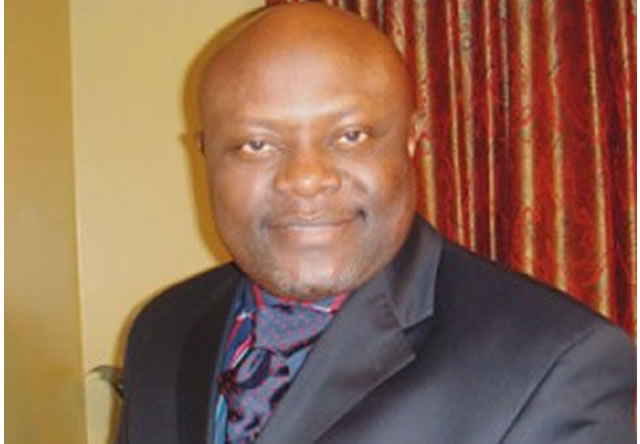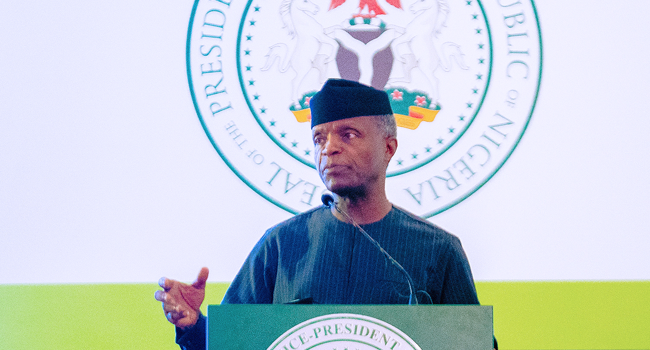TUNJI AJIBADE FROM PUNCH
The 2023 presidential and National Assembly elections were concluded and the European Union Election Observation Mission issued a preliminary report. I informed a Nigerian who resided abroad about the outcome of the presidential election and he ‘quoted’ the EU Observers as saying the election wasn’t “credible.” For him, the fact that his candidate didn’t win the presidential election was summed up in what he claimed the EU Observers said. In any case, no matter what the EU Observers had said, it shouldn’t be forgotten that the group was made up of just over 100 officials who observed an election that had over 93 million registered voters across the nation.
The ease with which the said Nigerian referenced the EU Observers got me thinking though. This is more so as some other Nigerians would also have been citing whatever they were told the EU Observers said, and this essentially to justify their grievances that their candidate lost. I think deliberate disinformation is what has been done here by some. And it’s not surprising because the report by the EU Observers states as follows: “Social media was actively used by political actors as a campaign tool. However, the platforms were misused to spread harmful content, including disinformation on key electoral processes.”
Having read the text of the EU Observers’ preliminary report on the February 25 elections, I take the position that the view expressed by the EU isn’t about who won and who lost as some have narrowed it. It’s more fundamental than that, covering the entire process surrounding the election. And if any of us read it in any narrower way, that is to cite the EU Observers’ report to justify the views of the political parties and preferred candidates only, then we are not helping this nation. For by doing so, the essence of the mission and the intended benefits of the report for Nigeria’s electoral process would have been lost. The fact is that the entire process that led to the results each contestant got in the elections needed improvement, so if we don’t see this election from that perspective we have not started to address the matter.
One would begin to get the picture that the “process” was what EU Observers and other foreign watchers were more concerned about, rather than who won or lost, when the earliest comment from the US was factored into this. For instance, a statement from the US emphasised “process” that needed to be improved, even as it congratulated Nigeria for successfully holding the election. According to Ned Price, spokesperson for the State Department and the first US official to speak on the February 25 elections, “We understand that many Nigerians and some of the parties have expressed frustration about the manner in which the process was conducted and the shortcomings of technical elements that were used for the first time in a presidential election cycle in Nigeria. Nigerians are clearly within their rights to have such concerns and should have high expectations for their electoral processes. We join other international observers in urging INEC to improve in the areas that need the most attention ahead of the March 11 gubernatorial elections.”
As for the EU Observers, I noticed that their preliminary report was based on 12 broad areas ranging from voter registration, adoption of technology for the election etc. EU Observers said they issued the report less than 48 hours after the February 25 elections and it was based on observation (on election day) of some 240 polling units across 24 of the 36 states in the country. They stated further: “This preliminary statement is delivered prior to the completion of the election process. The final assessment of the elections will depend also on the conduct of the remaining stages of the election process, in particular the tabulation of results, and the handling of possible post-election day complaints and appeals.”
Here, I should state that I do not see anywhere in the report that EU Observers write that the February 25 election is not “credible,” as some now claim. As though to validate this point, I noticed that Business Day on February 27 ran a story titled, “How INEC failed Nigerians, according to EU mission.” Nowhere did Business Day state that EU observers said the elections were not “credible.” Yet this is the kind of disinformation some elements online feed Nigerians who gullibly believe it as they do other forms of disinformation. And the reason? Their desire to have their candidates win.



